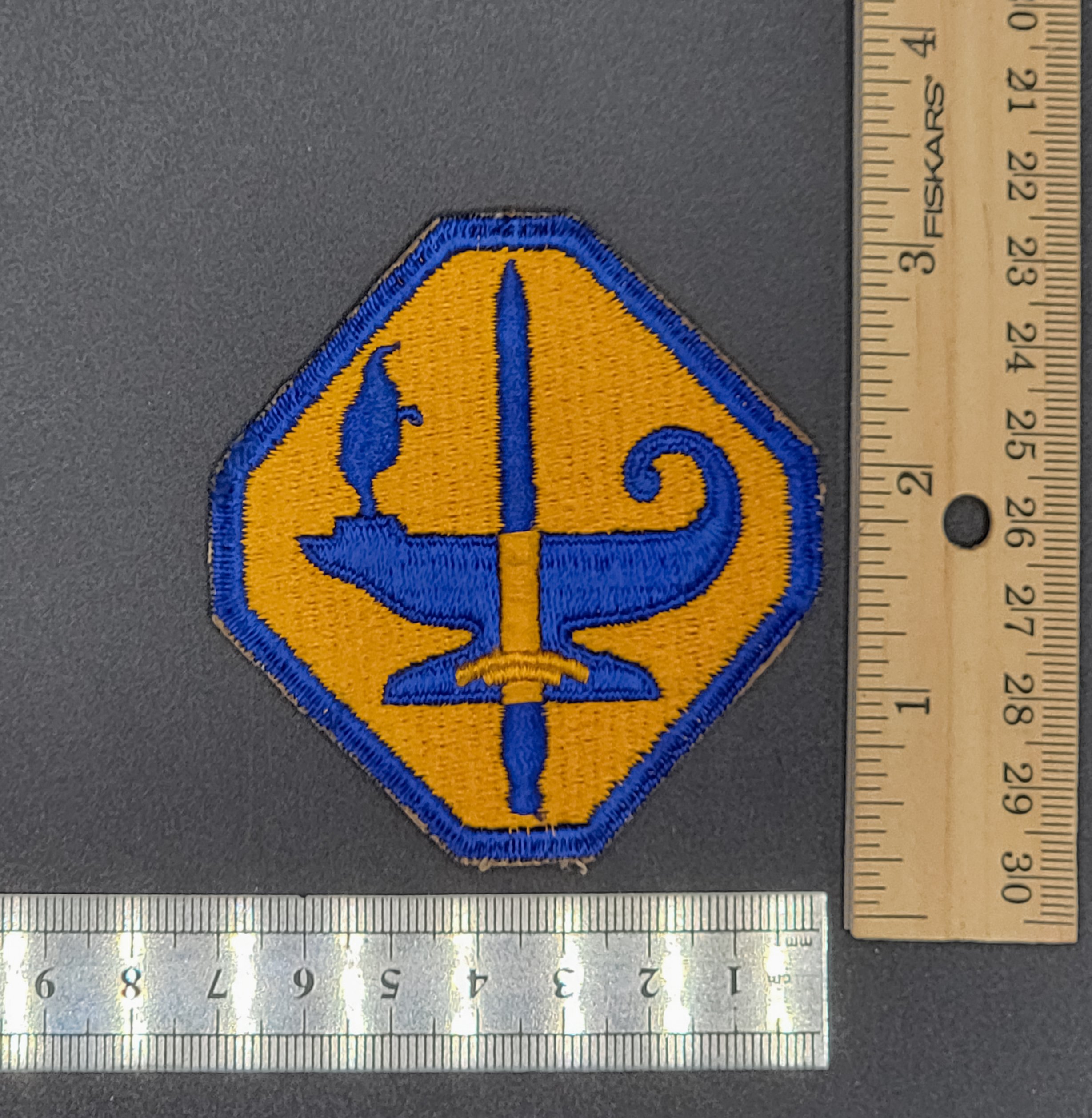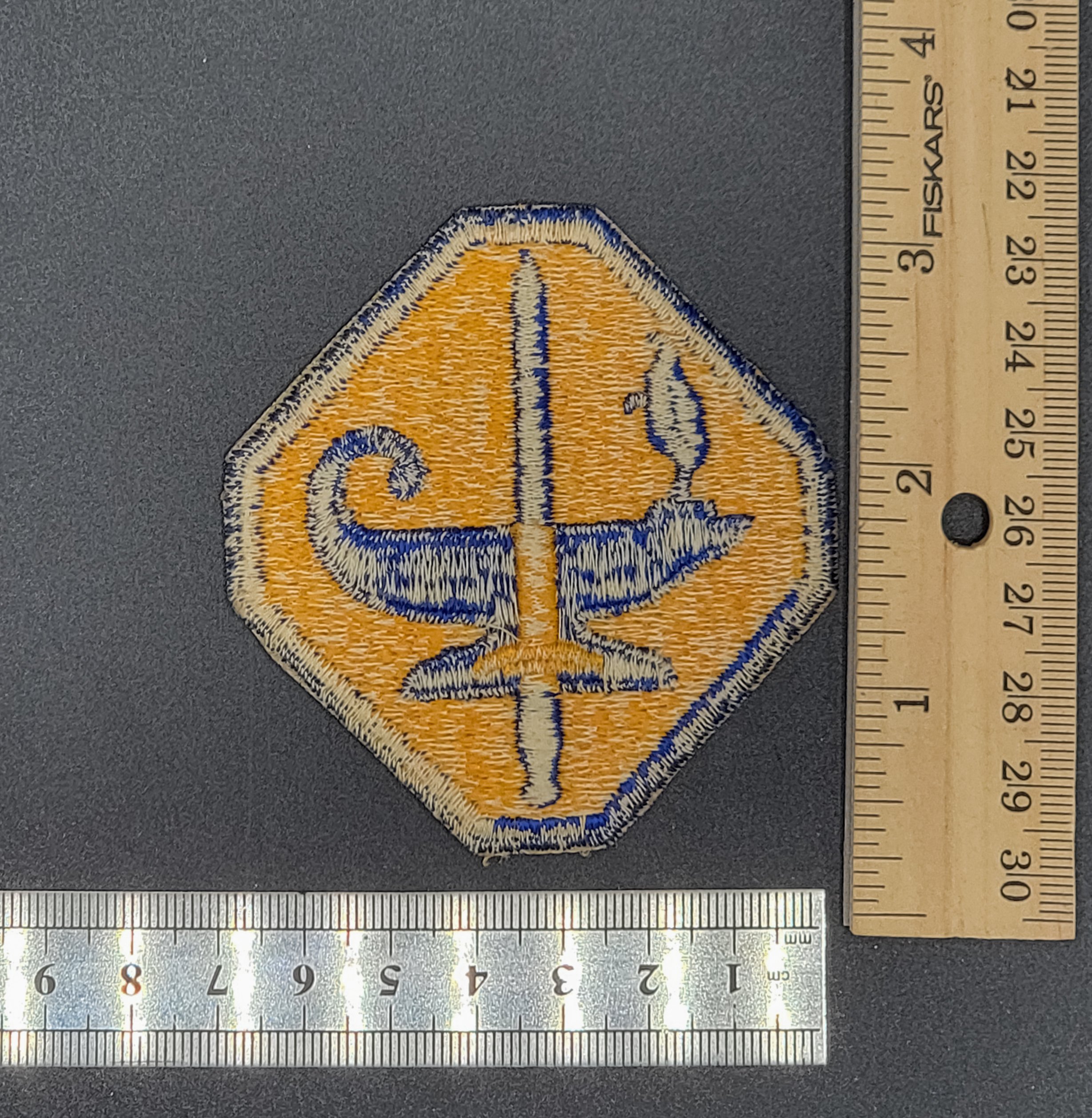A.S.T.P (Army Specialized Training Program)
After the 7 December 1941 attack on Pearl Harbor sparked U.S. entry into the war, the Army suspended the summer camp required for advanced members of the Reserve Officers' Training Corps in February 1942 for the duration of the war. This presented a problematic situation for the nation's numerous land-grant universities established under the Morrill Land-Grant Acts, whose constitutions included the legal agreement to teach "military tactics." A program that could provide a "continuous and accelerated flow of high grade technicians and specialists needed by the Army" would both help the war effort, offset ROTC enrollment turndown, and keep universities operating when most, if not all, male students would be absent. Colonel Herman Beukema, a professor of history at West Point, was named director of the Army Specialized Training Program, responsible for sending over 200,000 soldiers to 227 colleges at cost of $127,000,000. The program was proposed in September 1942, formally announced in December 1942, and began with a pilot program on college campuses in the spring of 1943. A maximum of 150,000 men were authorized to be enrolled in the program at any one time.
After the 7 December 1941 attack on Pearl Harbor sparked U.S. entry into the war, the Army suspended the summer camp required for advanced members of the Reserve Officers' Training Corps in February 1942 for the duration of the war. This presented a problematic situation for the nation's numerous land-grant universities established under the Morrill Land-Grant Acts, whose constitutions included the legal agreement to teach "military tactics." A program that could provide a "continuous and accelerated flow of high grade technicians and specialists needed by the Army" would both help the war effort, offset ROTC enrollment turndown, and keep universities operating when most, if not all, male students would be absent. Colonel Herman Beukema, a professor of history at West Point, was named director of the Army Specialized Training Program, responsible for sending over 200,000 soldiers to 227 colleges at cost of $127,000,000. The program was proposed in September 1942, formally announced in December 1942, and began with a pilot program on college campuses in the spring of 1943. A maximum of 150,000 men were authorized to be enrolled in the program at any one time.
After the 7 December 1941 attack on Pearl Harbor sparked U.S. entry into the war, the Army suspended the summer camp required for advanced members of the Reserve Officers' Training Corps in February 1942 for the duration of the war. This presented a problematic situation for the nation's numerous land-grant universities established under the Morrill Land-Grant Acts, whose constitutions included the legal agreement to teach "military tactics." A program that could provide a "continuous and accelerated flow of high grade technicians and specialists needed by the Army" would both help the war effort, offset ROTC enrollment turndown, and keep universities operating when most, if not all, male students would be absent. Colonel Herman Beukema, a professor of history at West Point, was named director of the Army Specialized Training Program, responsible for sending over 200,000 soldiers to 227 colleges at cost of $127,000,000. The program was proposed in September 1942, formally announced in December 1942, and began with a pilot program on college campuses in the spring of 1943. A maximum of 150,000 men were authorized to be enrolled in the program at any one time.

